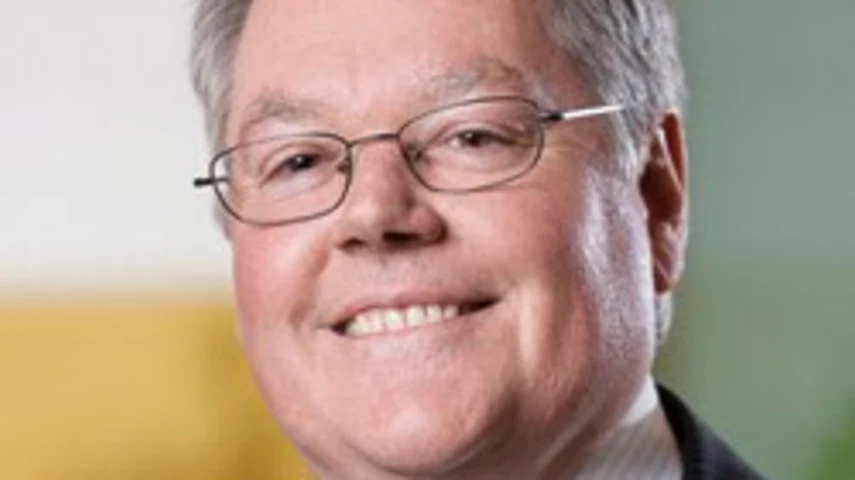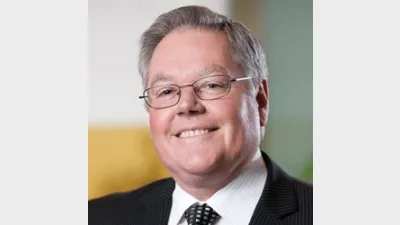Planners’ reputation rests with co-regulatory model: FPA



Restoring the reputation of financial planners could depend on a co-regulatory model, where the industry sets and monitors its own scrupulous standards, the Financial Planning Association (FPA) says.
The creation of such a model could restore the public’s faith in the profession, according to the FPA’s CEO Mark Rantall, who cited the success of its own regulatory whisteblower service, FPA Confidential, which reportedly resolved more than 90 per cent of anonymously reported incidents since 2010.
“The story behind these numbers is of a professional system operating to self-govern against perceived or actual misdemeanour,” Rantall said.
“It points us to the timely conclusion that we must now embed a relevant, consumer-centric professional framework in Australia that separates industry from profession and product sales from advice.”
Rantall also echoed his long-held support for universal regulatory standards.
“The recent call to lift educational standards, appropriately phased in, is a sensible and enduring approach and FPA supports this principle without question,” he said.
Recommended for you
The Australian Financial Complaints Authority has reported an 18 per cent increase in investment and advice complaints received in the financial year 2025, rebounding from the previous year’s 26 per cent dip.
EY has broken down which uses of artificial intelligence are presenting the most benefits for wealth managers as well as whether it will impact employee headcounts.
Advice licensee Sequoia Financial Group has promoted Sophie Chen as an executive director, following her work on the firm’s Asia Pacific strategy.
The former licensee of Anthony Del Vecchio, a Melbourne adviser sentenced for a $4.5 million theft, has seen its AFSL cancelled by ASIC after a payment by the Compensation Scheme of Last Resort.











